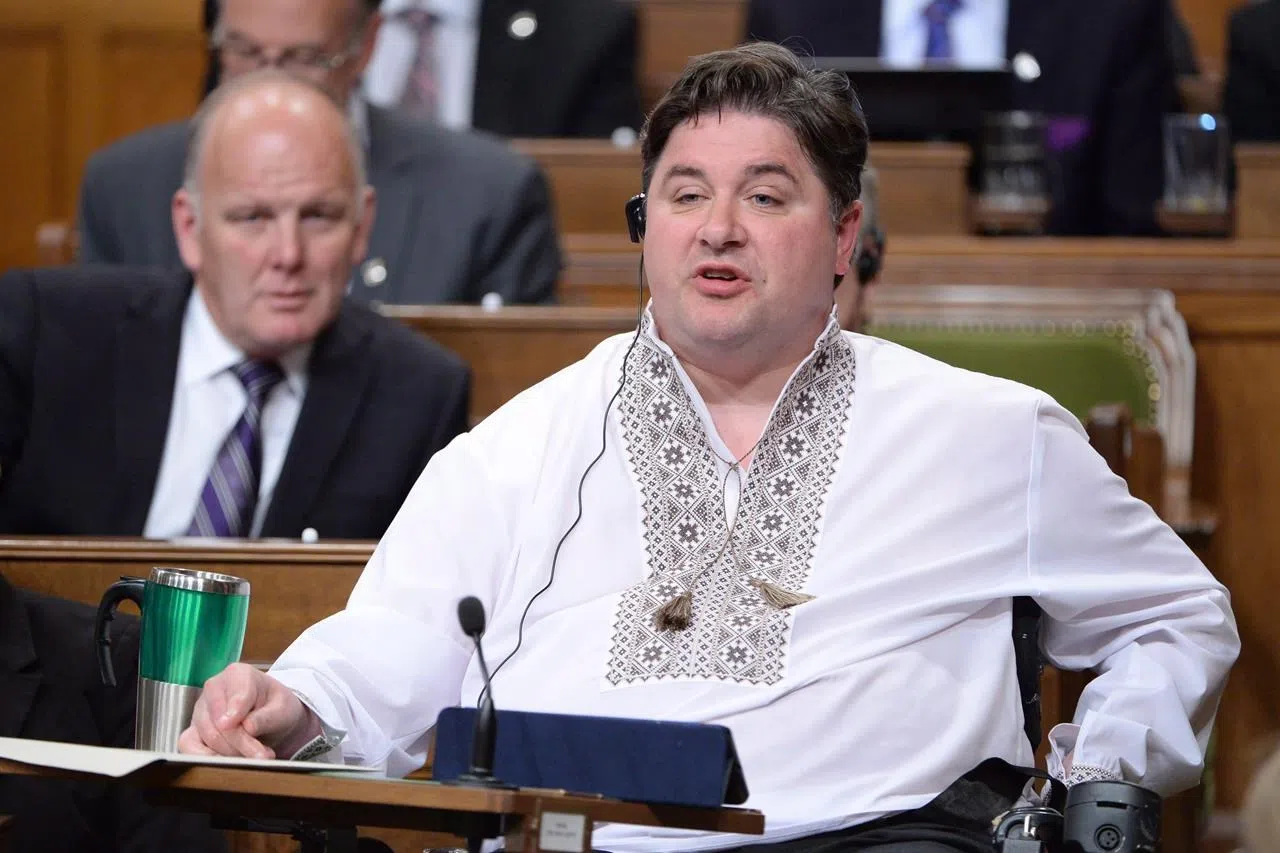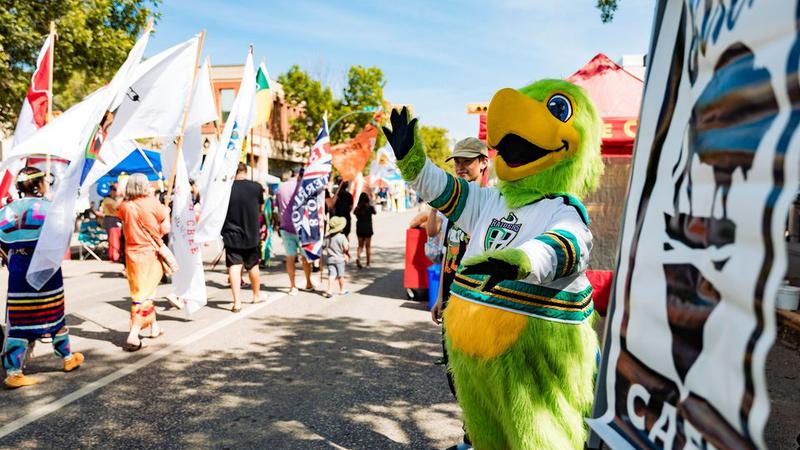
Veterans officials highlighted cons, few pros on medical marijuana
OTTAWA — Veterans Affairs Minister Kent Hehr was briefed on many of the concerns and questions about medical marijuana use in a presentation earlier this year, including fears that paying for injured ex-soldiers’ pot could actually make matters worse.
Noticeably absent, however, was any discussion about the potential positive benefits of medical marijuana, despite many veterans claiming it has helped them deal with physical and mental injuries such as post-traumatic stress disorder.
The documents, obtained by The Canadian Press through Access to Information, have puzzled one researcher and reinforced concerns among some veterans that the government is about to put more restrictions on their access to cannabis to save money.
The government is expected to unveil a new policy on medical marijuana for veterans in the coming weeks, after Auditor General Michael Ferguson’s report in May that Veterans Affairs spent more than $20 million in 2015-16, up from $5 million the previous year.


